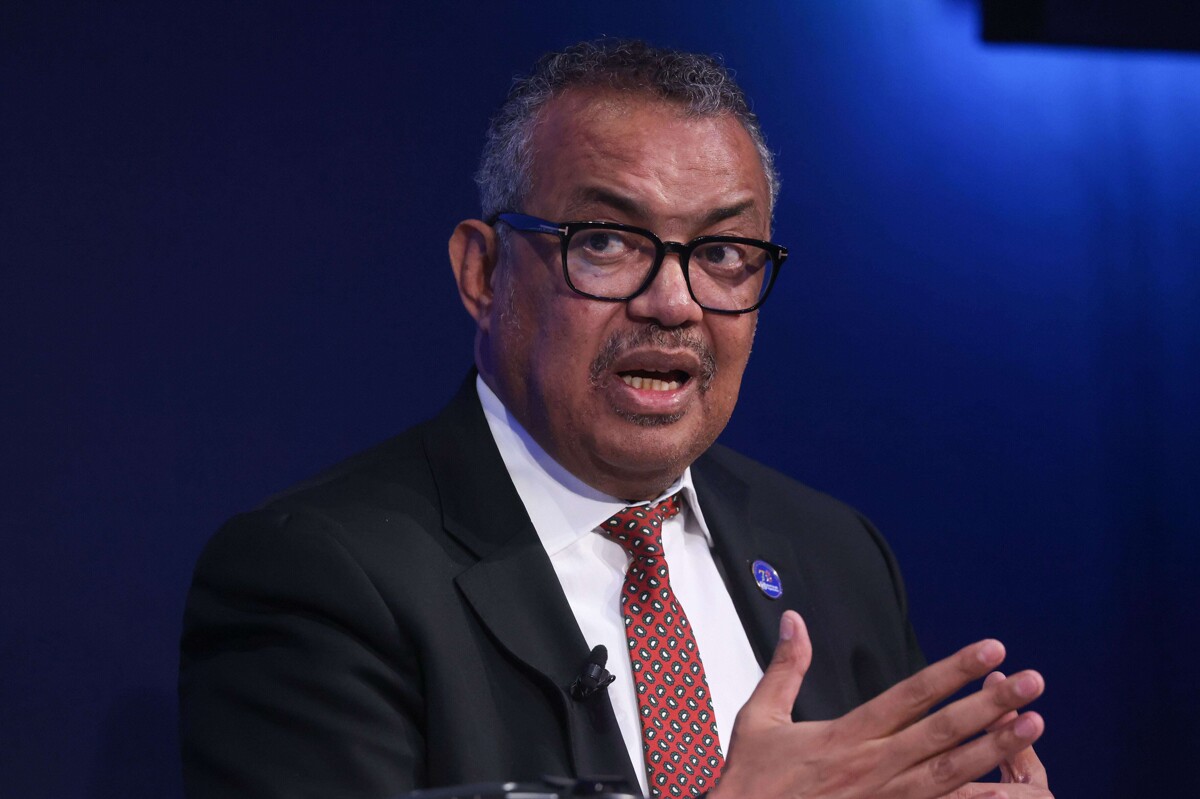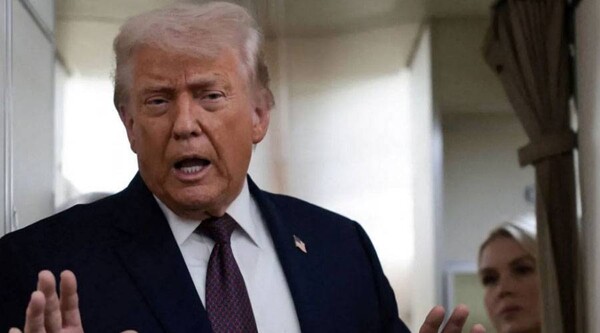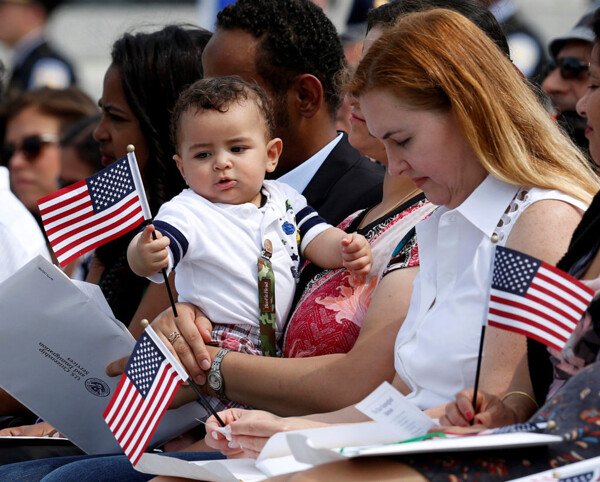
The President of the United States, Donald Trump, signed several decrees upon returning to office this week, including the plan to withdraw from the World Health Organization (WHO). This decision has left the health agency struggling to replace its main donor, as the United States contributed $1.3 billion to the organization between 2022 and 2023.
The WHO has announced measures to address the situation, such as freezing hiring, suspending investments, and cutting non-essential travel. The Director-General of the WHO, Tedros Adhanom Ghebreyesus, mentioned that the withdrawal of the United States has exacerbated its financial situation and has urged reconsideration of the decision.
This is not the first time Trump has attacked the WHO. At the end of his first term, he tried to withdraw the United States from the health organization, accusing it of being deferential to the Chinese government regarding the COVID-19 outbreak. The move was criticized by health advocates and political opponents.
The WHO is seeking new funding and making internal adjustments to adapt to the situation, including cuts to procurement, travel expenses, and office renovations. Tedros mentioned the need for solidarity, shared responsibility, and creativity to overcome financial challenges.
The budget for the WHO program for 2022-2023 was $6.7 billion, and the withdrawal of the United States has generated urgency to seek alternatives to finance the organization's strategic operations in disease containment. A WHO spokesperson confirmed the authenticity of the internal communication regarding the measures to be taken in response to the United States' decision.














